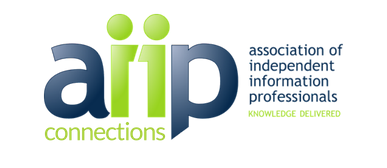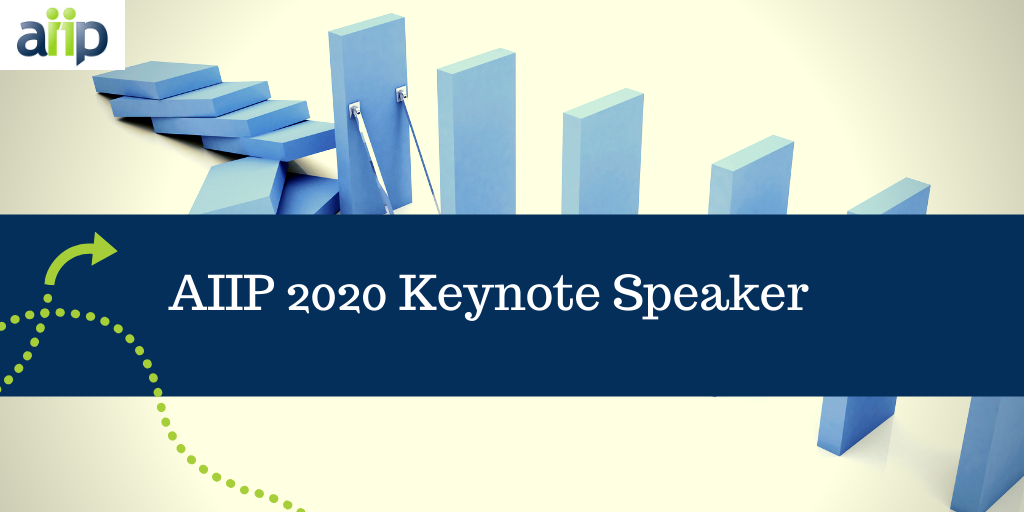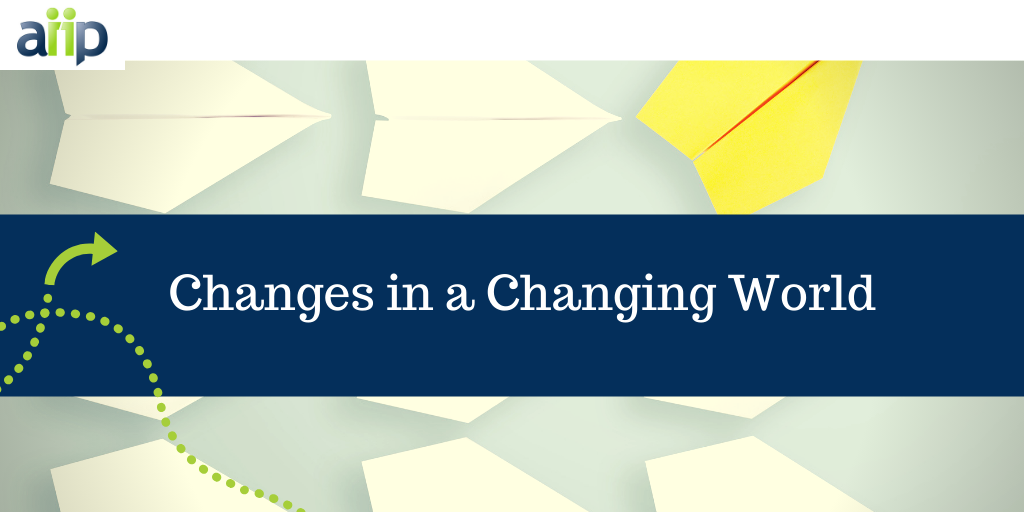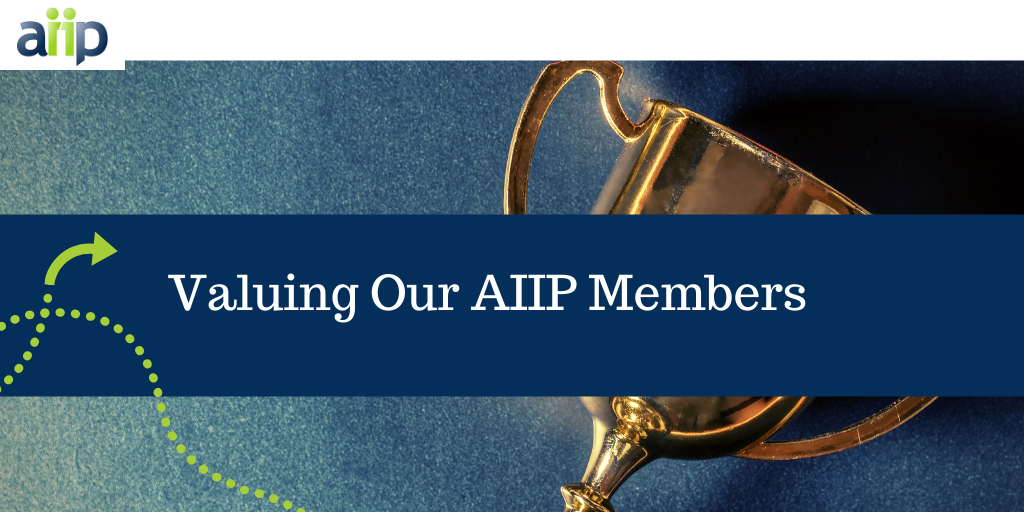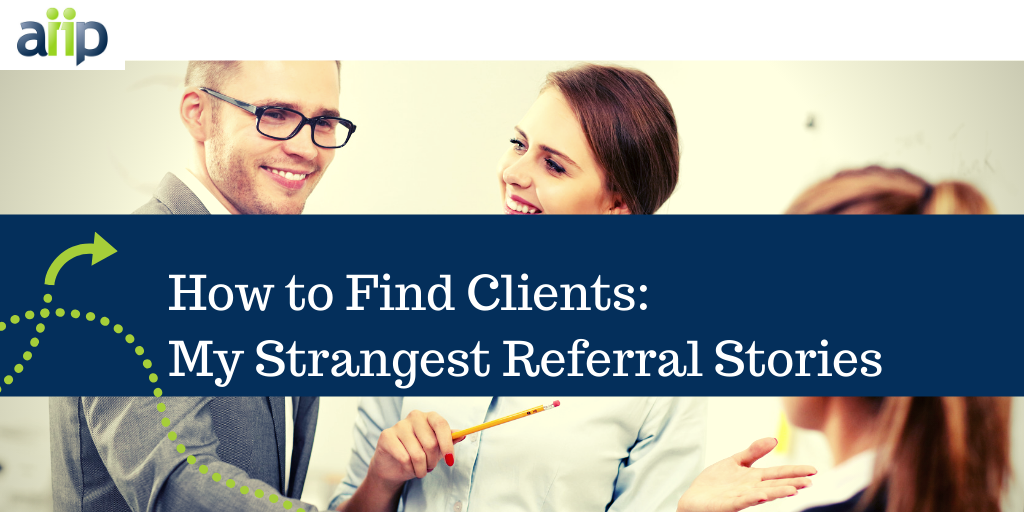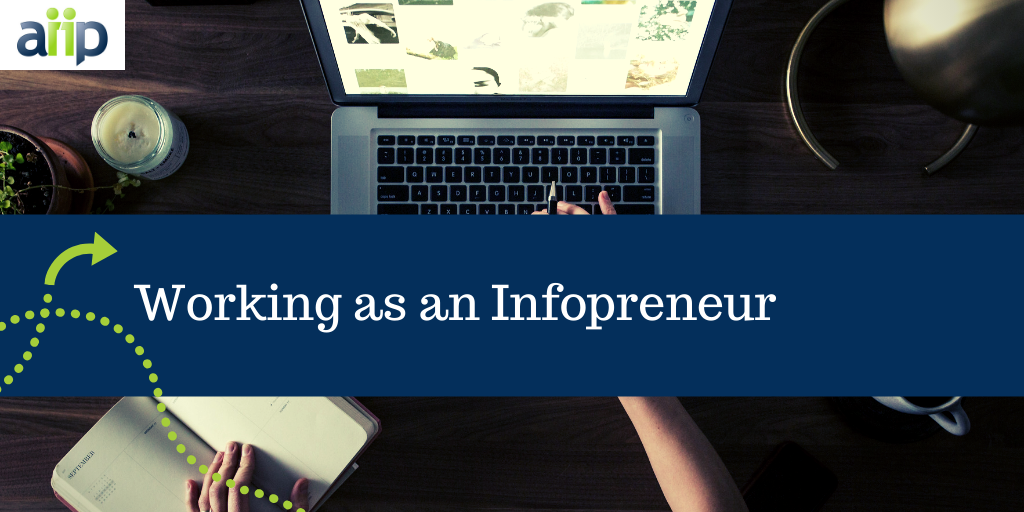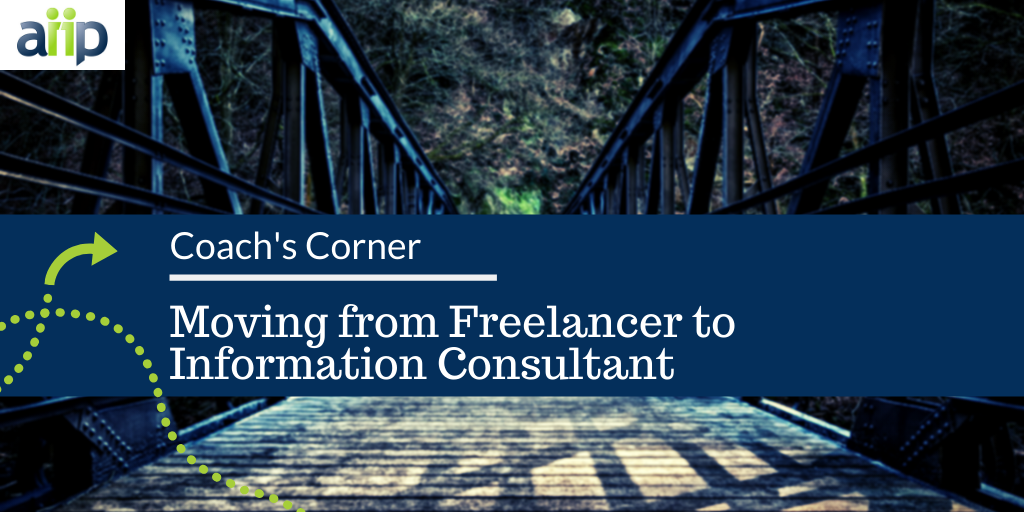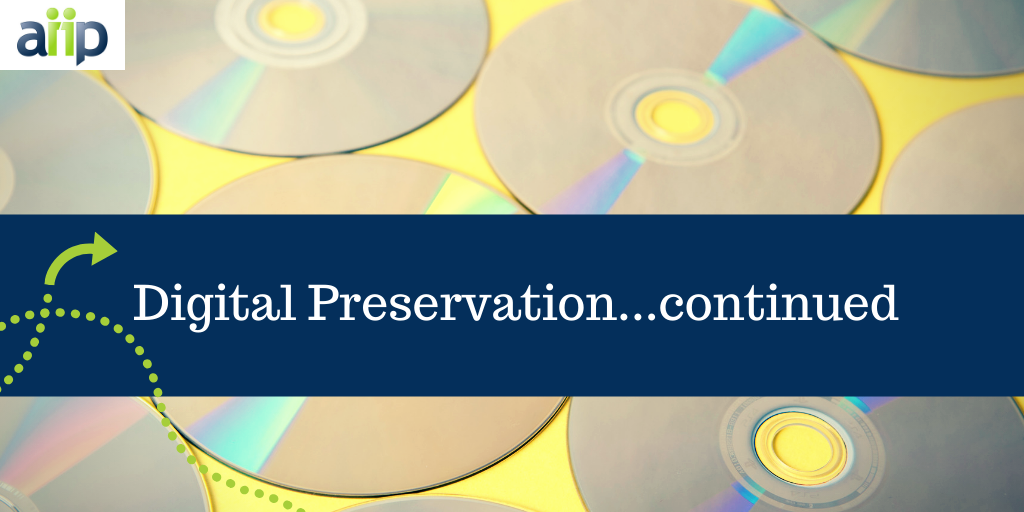After the cancellation of the AIIP 2020 conference, Elizabeth Suarez, the designated keynote speaker, presented a webinar called Effective Leadership during Difficult Times.
She began the session by asking participants:
“What keeps you up at night?”
“What is the one thing that could help you stop this worry?”
“What can we do with everything?”
Elizabeth focused on two topics: leadership and to how to pivot an offering. She began with the second point, pivoting an offering.
Three basic factors are compelling business owners to pivot: life changes, uncertainties, and the need to pivot. To do so, Elizabeth said it was important to create a strategic plan to show leadership and get back to the basics. To formulate a plan, it’s essential to establish structure, understand the needs of those you work with, and have transparent conversations.
The goals we made for 2020 may not seem relevant in the age of a pandemic. Many people are experiencing a level of frustration and uncertainty, which leads to questions such as, “Will clients be economically viable in the future and able to pay for my services?”
After asking the participants to share one word to describe their feelings, Elizabeth explained that the current situation can be compared with the stages of grief. Acknowledging and recording feelings in order to express them is critical for leadership, starting with defining reality, ending with saying thank you, and – in between – being a servant leader.
Elizabeth discussed and illustrated six steps for showing leadership:
- Say what you know
- Acknowledge that you don’t have all the answers
- Outline your plan
- Outline what is needed
- Acknowledge things will change
- Establish regular updates and checklists
It’s important to engage others to carry out these six steps. Recognizing strengths, and also getting help in improving skills that are not as strong, can be done best with input from others.
Making a plan can be done easily by going back to basics. Plans written now need to be able to be changed quickly and cover the right content. She recommended the field reporter approach, which consists of gathering information, assembling it, and sharing it with the target market. Understanding what clients need and developing an impactful plan based on the information received can be accomplished by going down a path based on the five “W” and one “H” questions. She mentioned these questions:
- Why do we care to help our clients?
- What do we want to provide to help our clients?
- What’s the difference between needs and wants?
- Who should be our ideal client?
- When is the right time to introduce a new offering?
- How will this pivoted service be offered?
Using the answers to these questions with the WEAVE approach – write, edit, assess, vet, and engage – forms the basis of a powerful and effective plan. It’s also important to remember that business owners should continue networking, stay in servant mode, and keep themselves relevant and top of mind with others.
Elizabeth’s webinar was very informative and easy to follow for the more than 50 AIIP members who attended. It was an interesting exercise to see how easily thinking through various these points could be when people may be experiencing difficulties with finding new ways to work in these changing times.
Rhonda L. Bowen has been a communication guide in her own business, bells, since 1988. Having worked with people from more than 70 countries, she provides services for BEST (business, engineering, science, technology) professionals to improve their communication across cultures.
